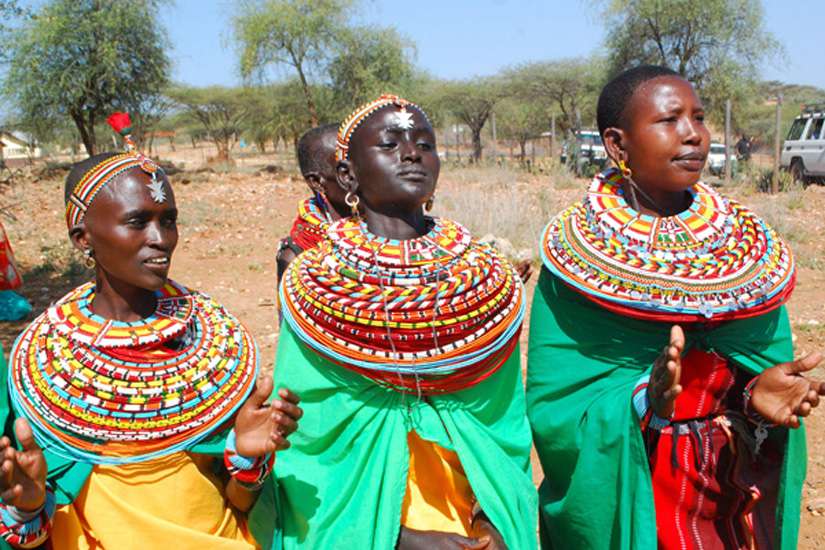In what being referred to as the medicalization of FGM, doctors, nurses and other health practitioners are secretly performing the procedures at the request of families.
“Like abortion, they are performing FGM for the money in hospitals and other places,” said the Rev. Richard Nyangoto, a Roman Catholic priest in Kisii County, an area in the country’s southwest where FGM is widely practiced.
“Taking it to hospital does not make it right,” added Nyangoto. “It’s evil.”
Health care providers now perform up to 18 percent of FGM cases and the trend is growing, according to the World Health Organization.
The move to hospitals is driven by the desire to improve hygiene and avoid infection, said Grace Uwizeye, the FGM Program officer at Equality Now, a global women rights organization.
A mix of religious, cultural, and social factors perpetuate the practice. In many communities the partial removal of woman’s external genitalia is part of the traditional rite of passage from girlhood to womanhood.
Traditional circumcisers have often been accused of using unsterilized tools. Immediate consequences include severe pain and bleeding, shock, difficulty passing urine, infection and even death.
In 2014, an Egyptian father and a doctor were acquitted for the murder of a young girl, Soheir al-Batea, who died at the operating table while undergoing FGM.
In Kenya, at least three deaths have been attributed to FGM in 2014. They include 13-year-old Raima Ntagusa who bled to death after undergoing the cut in Kajiado County, south of Nairobi, and 16-year-old Alivina Noel from West Pokot County who bled to death after giving birth because her body had not healed from the cut.
In some cases, girls willingly undergo FGM to conform to family and community demands. Some girls worry they won’t be able to marry unless they undergo the procedure.
FGM has caused friction between Christians and native African cultures, church leaders said.
“Communities claim it’s difficult to stop since the practice is deeply rooted,” said Judith Nyaata, FGM Project coordinator at the Evangelical Lutheran Church in Kenya.
Nyaata, who works among the Pokot people of Kenya, said circumcision is treated as part of marriage — women who have undergone the rite can barter for more cows as part of their bride price. During the FGM process, women go into seclusion and are taught about life as wives and mothers. As it concludes and they are returning to society, there is a big celebration.
“The festival involves strong teaching about life and is accompanied by a lot of celebration and feasting, “said Nyaata. “This makes it hard for communities to quit it.”
African governments have unveiled new laws that ban FGM, alongside strategies that protect girls against the harmful practice. More than 20 African countries have such laws in their constitutions.
But little progress has been achieved since 1997 when the pressure to end it started mounting, according to WHO. Rates in most African countries have stayed stable or fallen marginally since then. The organization estimates that over 125 million girls and women in 29 countries in Africa and the Middle East have undergone some form of FGM.
“I think we still need more strategies and action to deter this,” said the Rev. Adama Faye, a Lutheran church leader in Senegal, where the cutting is practiced.


